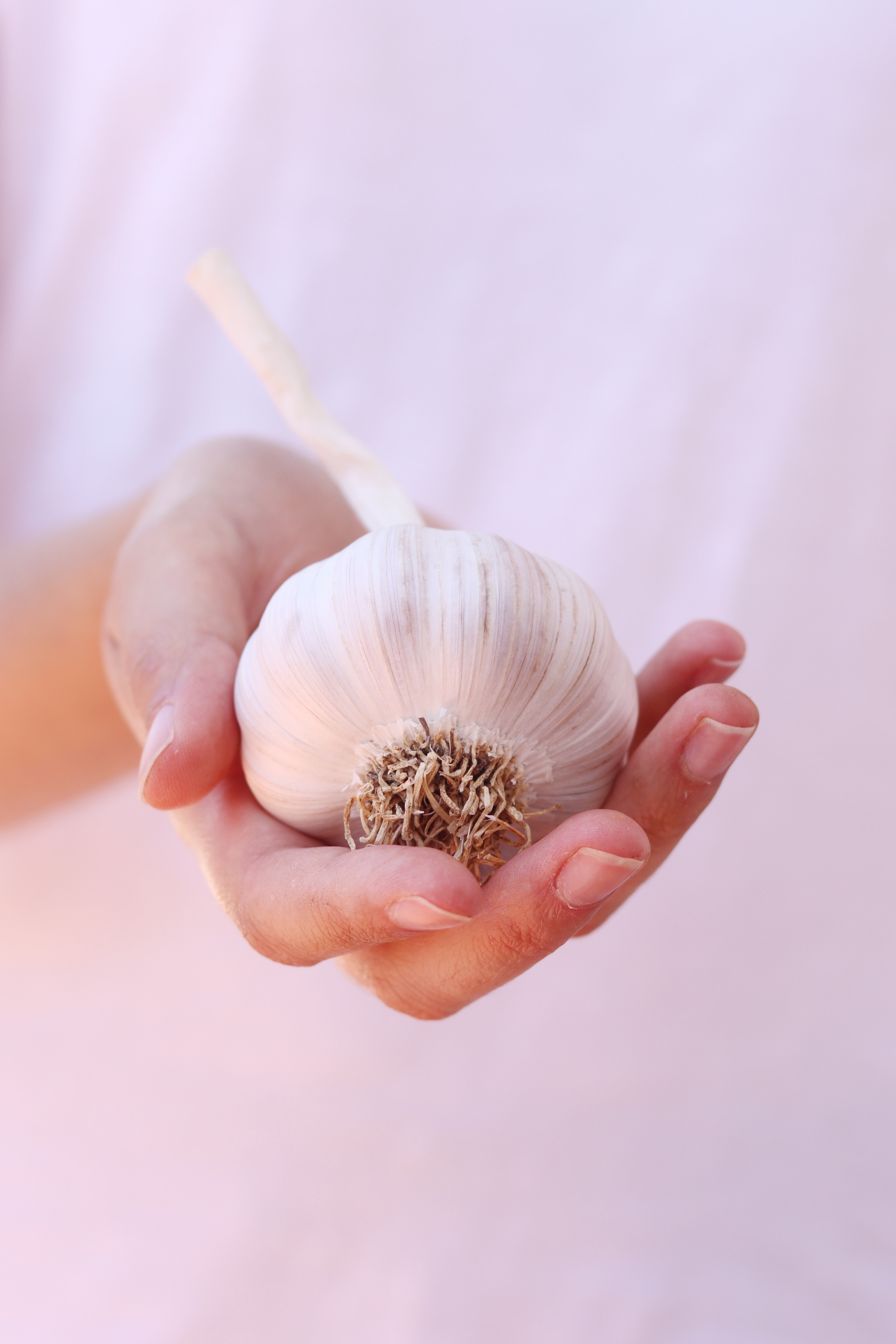Which diet is better for CFS recovery? Is a plant-based or ketogenic diet better when recovering from CFS? There are so many diets out there, how do you know which one is right for you?
Everybody is unique and no one diet fits all. Also some people have food intolerances or allergies to certain foods.
My Story
When I was recovering from my CFS, I was eating meats such as lamb, pork and also fish such as rainbow trout or seabass 2-3x per week. I was also eating carbs such as gluten-free bread, wild rice, gluten-free pasta and dried apricots. I ate plenty of broccoli, peas and carrots. So I was on a moderate protein, moderate carbohydrate, low refined sugar diet.
When I visited a Nutritionist, she detected that I had intolerances to beef, sugar, yeast and cow’s milk. So being an all-or-nothing kind of person, I immediately cut out these foods. Within a few weeks I felt a lot better. After 4 months of following her nutrition and supplement plan I had my energy back. Basically she put me on an anti-candida diet as my body was overrun with Candida and my immune system was weak.
Benefits of a Keto Diet for CFS Recovery
A keto diet is high in meat and animal protein, low in carbohydrates and high in fat. Dr Myhill recommends a paleo keto diet for people with CFS, as meat is rich in amino acids and protein which boost the immune system and heal tissue damage in the body. People with blood type O do better on a keto diet as they have high levels of stomach acid and can easily digest meat.
Disadvantages of a Keto Diet for CFS Recovery
Which diet is better for CFS recovery? Is a plant-based or ketogenic diet better when recovering from CFS? There are so many diets out there, how do you know which one is right for you?
Benefits of a Plant-Based Diet for CFS Recovery
A plant-based/vegetarian diet done correctly is full of vegetables, lentils, legumes and beans and is rich in nutrients and anti-oxidants. People with blood type A do better on a vegetarian diet, possibly with some fish. For people who have low stomach acid and find meat difficult to digest, or those on PPIs such as omeprazole or lansoprazole which block stomach acid production, may do better on a plant-based diet. Also meat can be constipating so eliminating meat eases constipation and improves your detoxification abilities. A plant-based diet is high in fibre to balance your blood sugar level and ease constipation and detoxification.
Disadvantages of a Plant-Based Diet for CFS Recovery
If not done properly, a plant-based/vegetarian diet can be low in certain nutrients such as zinc and low in protein leading to nutrient deficiencies. Some people particularly blood type O don’t tolerate legumes and lentils very well, leading to gas and bloating.
Conclusion
So which diet is better for CFS recovery? Everyone is different which I why I create a personalised nutrition plan for my clients.
If you have candida overgrowth and CFS, I would recommend a low sugar and low yeast, anti-candida diet.
You need to avoid your food intolerances which deplete your body’s energy. Which I why I recommend food intolerance testing to my clients. The most common food intolerances that I see are to gluten and cow’s milk.
You need to eat plenty of protein when recovering from CFS to boost your immune system and to heal tissue damage. So a keto diet is very beneficial. If you are vegetarian and can’t face eating meat, I would recommend a high protein vegetarian diet eating plenty of beans, chickpeas, lentils, non-GMO tofu and eggs.
If you don’t eat oily fish regularly, which I didn’t when recovering from my CFS, you need to take an omega 3 supplement.
For more information on Chronic Fatigue Syndrome (ME/CFS), contact Kate and book a free 30 minute fatigue breakthrough call.









